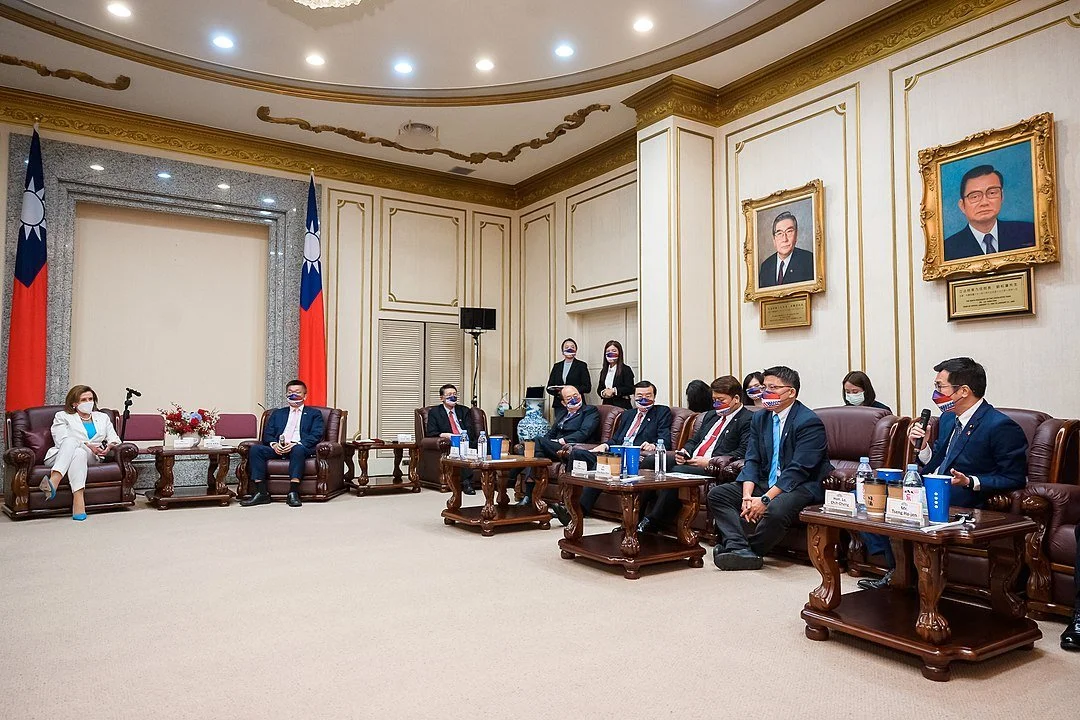![Comments on Recent Cases: August 2022]()
New York recently adopted a law called the Freelance Isn’t Free Act (“FIFA”). It enables freelancers to sue customers that do not pay and recover double what they were owed, plus attorney’s fees. The purpose of the law is to discourage customers from not paying and to enable freelancers to afford litigation. But the law does not apply in every case; just when the plaintiff is a freelancer that works by his or herself.
Read More
![Working With Judges]()
Part of the reason lawyers are so deferential is because judges have the power to hold lawyers in contempt. And another part of this is because judges ultimately decide major issues in a case, so lawyers want to be on their good side.
Read More
![Small Claims Court]()
Only certain types of cases qualify for small claims court. Generally, they are disputes over an amount of money below a certain threshold. For example, in New York City, small claims courts hear disputes for up to $10,000. In Miami, they hear claims for up to $8,000. These are amounts of money that may not seem small (no one wants to lose $8,000), but that are below the cost of litigating a full case in another court.
Read More
![Litigation in Ancient Athens]()
There were no rules of evidence. Instead, each litigant at trial gave a speech and it was somewhat freeform, a little like Judge Judy. These speeches included matters that may not be technically relevant to the case, such as character attacks, their adversary’s past crimes, or their own altruistic work.
Read More
![Comments on Recent Cases: July 2022]()
In negligence lawsuits, a plaintiff may prevail if she establishes that the defendant failed to act in a reasonable way. But litigants often debate what “reasonable” means. And in lawsuits arising from emergency situations, like car accidents, courts may be more permissive with that standard.
Read More
![Domesticating Foreign Judgments]()
Litigants often try to use the “procured by fraud” exception to try to re-litigate the merits of a case. They claim that the initial court was deceived by false evidence or testimony and the new court should therefore not domesticate the judgment. But while these arguments may complicate the proceedings, they rarely succeed.
Read More
![Computers Doing the Job of Lawyers]()
In my experience, technology assisted review does not process the actual document requests that lawyers carefully draft and even litigate. It only processes how a lawyer coded a subset of documents. Therefore, the system may miss important categories of documents or nuances in the distinction between responsive and non-responsive documents.
Read More
![Belligerent Lawyers]()
Bluster often fails to work with opposing counsel. Most cases end in settlement. And so a lawyer has to get the other side to agree to a deal. But bullying opposing counsel will rarely make opposing counsel feel like the deal they are being pushed is a good one. If anything, the fact that a lawyer needs to be aggressive to push a deal likely communicates to opposing counsel that the deal is bad and should be rejected.
Read More
![Litigation in South Africa]()
South African courts cite UK contract law and UK’s rules for evidence. They do this because UK law offers a large body of precedent that courts can follow. They also do this because a lot of the laws and rules in South Africa come from the UK system, since those laws stayed entrenched in the country when it became independent from the UK.
Read More
![Comments on Recent Cases: June 2022]()
In litigation, plaintiffs often seek compensation from any party that has the money to pay them. But they do not always articulate a sufficient reason why the defendant with money is the one responsible for their injuries and therefore needs to pay.
Read More
![Court Filings That Are Not Decisions on the Merits]()
Strategically, parties deny most things in an answer and assert as many affirmative defenses as they can, because if they do not, they may lose the chance to do so later. So people may discuss a denial or defense in an answer as the defendant’s actual legal strategy or position when it may just be them preserving their rights.
Read More
![Litigation in Classical Rome]()
The true “expenses” of Roman litigation were in time and reputation. There were no filing fees and such. Advocates in Rome did not typically charge fees: advocacy was provided as part of a system of patronage, friendship, and professional ambition.
Read More











